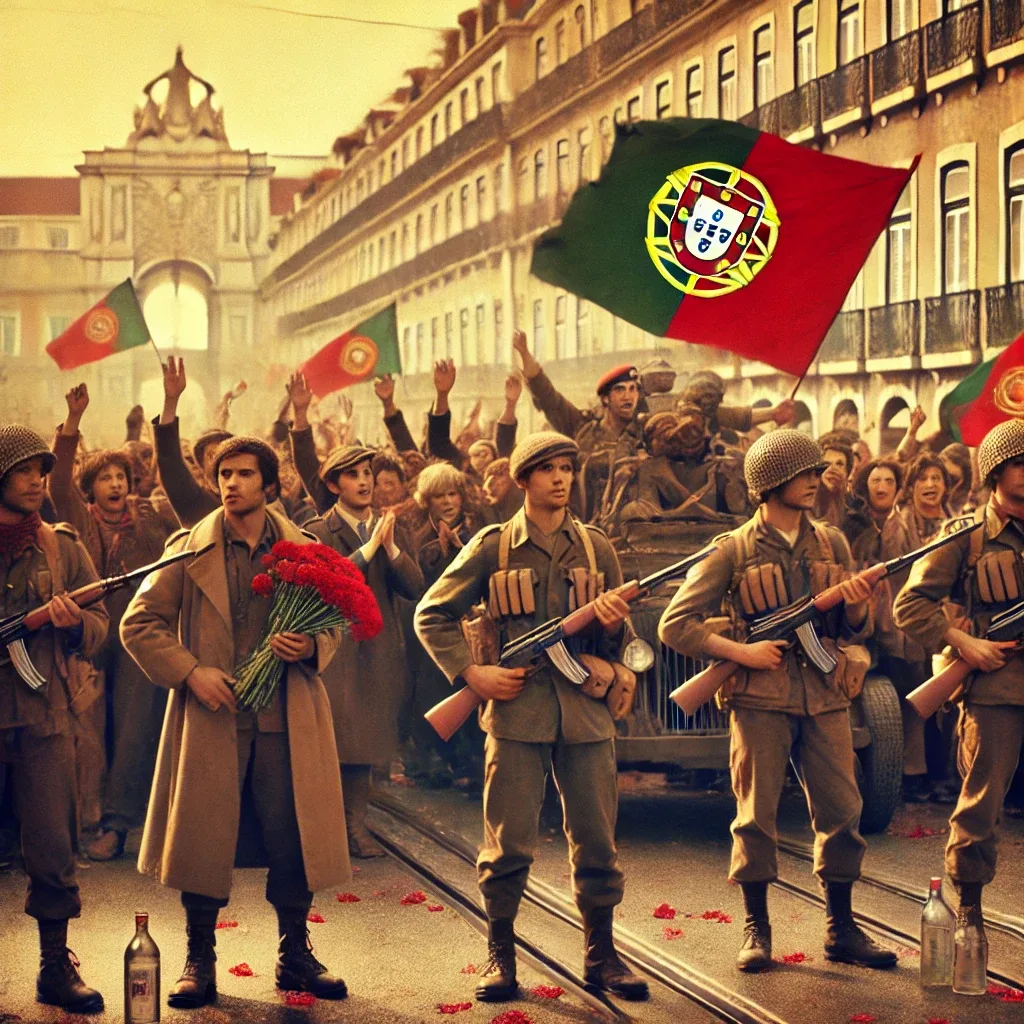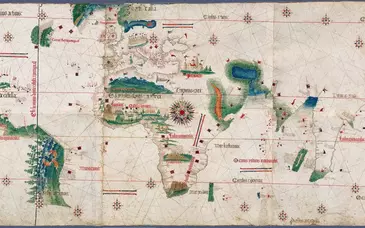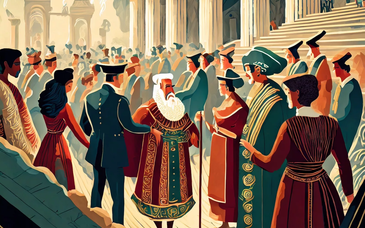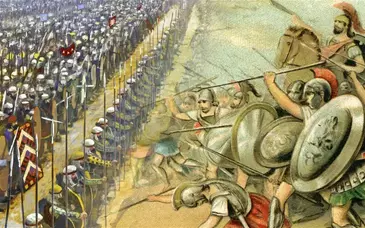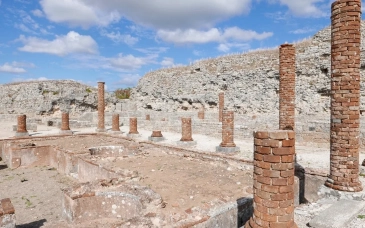The Carnation Revolution, which took place on April 25, 1974, was a pivotal moment in Portuguese history, marking the end of Estado Novo, the authoritarian regime that had ruled the country for nearly half a century. This bloodless coup, led by the Armed Forces Movement (Movimento das Forças Armadas, MFA), not only restored democracy but also set Portugal on a path toward decolonization and modernization.
Background: The Estado Novo Dictatorship
Portugal’s dictatorship had its roots in the early 20th century. In 1926, a military coup ended the instability of the First Republic (1910-1926) and led to a military dictatorship. By 1933, economist and politician António de Oliveira Salazar established the Estado Novo (New State), an authoritarian, corporatist regime.
Salazar’s Estado Novo was characterized by:
- Strict political repression, with secret police (PIDE) suppressing opposition.
- Censorship of the press and media.
- A rigid, nationalist ideology that emphasized Catholic values and Portuguese identity.
- Economic stagnation, with a heavy focus on agricultural and colonial exploitation.
Even after Salazar suffered a stroke in 1968 and was replaced by Marcelo Caetano, the regime remained oppressive and resistant to change. However, by the early 1970s, dissatisfaction with the regime had reached a breaking point.
Catalysts for Revolution
Several factors contributed to the growing unrest:
-
Colonial Wars (1961-1974)
- Portugal was the last European country to hold onto its colonies in Africa, including Angola, Mozambique, and Guinea-Bissau.
- Anti-colonial independence movements fought prolonged and costly wars against Portuguese forces.
- The wars drained the economy and led to mass conscription, which alienated many young soldiers.
-
Economic Decline and Social Discontent
- While some economic modernization took place, many sectors remained underdeveloped.
- The cost of war and international isolation hurt Portugal’s economy.
- Rising discontent among workers, students, and intellectuals grew into a broader opposition to the government.
-
Growing Opposition in the Military
- The Armed Forces Movement (MFA), a group of younger, middle-ranking officers, became frustrated with the endless wars and lack of professional advancement.
- They sought political change and an end to the colonial conflicts.
The Revolution: April 25, 1974
On the night of April 24-25, 1974, the MFA launched a military coup. The uprising was carefully coordinated with key signals to initiate the rebellion:
- At 10:55 PM on April 24, a Lisbon radio station played the song "E Depois do Adeus" by Paulo de Carvalho—a prearranged signal to alert the coup leaders to prepare.
- At 12:20 AM on April 25, Rádio Renascença broadcast "Grândola, Vila Morena" by Zeca Afonso, a revolutionary folk song banned by the regime. This was the final signal for troops to move.
By dawn, military forces seized key locations in Lisbon, including the government buildings, radio stations, and airports. The capital was quickly taken over without significant resistance.
At 4:30 PM, Marcelo Caetano surrendered to the revolutionaries at the Carmo Barracks. To avoid bloodshed, he requested to be sent to Madeira or Brazil, but was instead exiled to Brazil.
Why "Carnation" Revolution?
One of the most iconic aspects of the revolution was the use of red carnations. As people flooded the streets to celebrate the fall of the dictatorship, they placed carnations in the rifle barrels of soldiers. The peaceful nature of the uprising and the image of flowers in guns became a symbol of Portugal’s transition to democracy.
Aftermath and Consequences
End of the Colonial Wars & Decolonization
One of the first major actions of the new leadership was to end the colonial conflicts. By 1975, Portugal granted independence to Angola, Mozambique, Cape Verde, Guinea-Bissau, São Tomé and Príncipe, and East Timor.
Democratic Transition
A period known as the "PREC" (Ongoing Revolutionary Process) lasted from 1974 to 1976. It involved:
- The nationalization of banks, industries, and media.
- Land reforms and worker cooperatives.
- Political instability, with conflicts between leftist radicals and moderate democrats.
By 1976, a new democratic constitution was adopted, and Mário Soares became the first freely elected Prime Minister of Portugal.
Portugal Joins the European Community
The revolution paved the way for Portugal to join the European Economic Community (EEC) in 1986, leading to economic growth and modernization.
Legacy of the Carnation Revolution
The Carnation Revolution is widely celebrated in Portugal as a national holiday (Dia da Liberdade, April 25). It stands as one of the few examples of a successful, peaceful overthrow of a dictatorship. Today, it remains a powerful symbol of democracy, freedom, and resistance against oppression.
